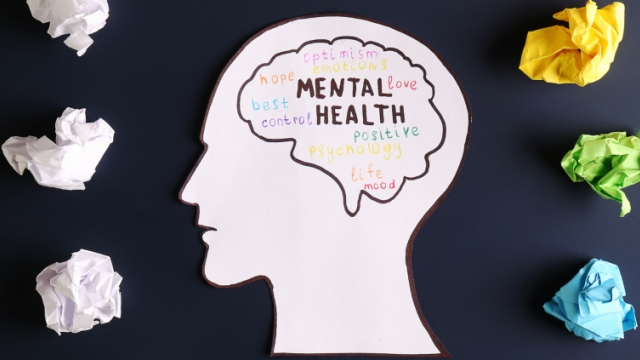
In our fast-paced world where stress and uncertainty seem to be constant companions, taking care of our mental health has never been more crucial. It’s easy to neglect our well-being amidst the daily hustle and bustle, but prioritizing our mental wellness is a vital aspect of leading a fulfilling and balanced life. Mental health affects every aspect of our being – from how we feel and think, to how we cope with challenges and relate to others. Cultivating a positive mindset and seeking support when needed are essential steps towards maintaining a healthy mental state. Let’s navigate this journey to mental wellness together, exploring strategies and resources to empower ourselves and those around us.
Understanding Mental Health
Mental health plays a crucial role in our overall well-being and quality of life. It encompasses our emotional, psychological, and social well-being, influencing how we think, feel, and act. Just like physical health, mental health is dynamic and can fluctuate based on various factors such as stress, relationships, and life events.
Having good mental health doesn’t mean being free of challenges or negative emotions. It means having the resilience and coping mechanisms to navigate difficulties effectively. It’s about striking a balance in our thoughts, emotions, and behaviors, and being able to adapt to changes and bounce back from setbacks.
Understanding mental health involves recognizing the signs and symptoms of mental health disorders, such as anxiety, depression, and bipolar disorder. It also involves breaking the stigma around seeking help for mental health issues and promoting open conversations about emotions and well-being. By acknowledging the importance of mental health, we can take proactive steps towards promoting mental wellness in ourselves and those around us.
Tools for Mental Wellness
Being proactive about mental health is key to overall well-being. Incorporating relaxation techniques such as deep breathing, mindfulness, and meditation into your daily routine can help reduce stress and anxiety. Physical exercise is another powerful tool to improve mental health as it releases endorphins that elevate mood and increase energy levels.
Therapy Trainings
Maintaining a healthy diet plays a significant role in supporting mental wellness. Foods rich in omega-3 fatty acids, fruits, vegetables, and whole grains can positively impact brain function. Adequate hydration is also crucial for optimal cognitive performance as well as mood regulation.
Creating a strong support system is essential for mental wellness. Surrounding yourself with positive and understanding individuals can provide emotional support during challenging times. Seeking professional help, whether through therapy or counseling, can also be beneficial in addressing mental health concerns and developing coping strategies.
Building a Support System
First and foremost, seek out individuals who genuinely listen without judgment. Having trusted friends or family members to turn to can make a world of difference. Sharing your thoughts and feelings openly with someone who cares can provide much-needed validation and emotional support.
In addition to personal connections, professional help is essential for building a robust support system. Consider reaching out to a therapist, counselor, or mental health professional who can offer guidance and expertise in navigating the complexities of mental health. Their insights and tools can help you develop coping strategies and build resilience in challenging times.
Lastly, explore community resources and support groups that cater to various mental health concerns. Connecting with others who have similar experiences can foster a sense of belonging and understanding. Being part of a supportive community can provide encouragement, inspiration, and a sense of unity in the journey towards mental wellness.
